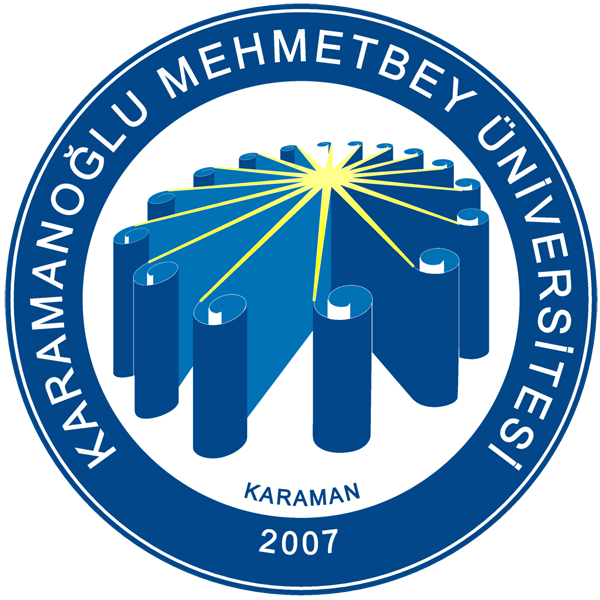MÜHENDİSLİK FAKÜLTESİ
- About
- Administration
-
Academic Staff
- Civil Engineering Academic Staff
- Mechanical Engineering Academic Staff
- Materials and Metalurgy Engineering Academic Staff
- Computer Engineering Academic Staff
- Electrical and Electronic Engineering Academic Staff
- Food Engineering Academic Staff
- Bioengineering Academic Staff
- Energy Systems Engineering Academic Staff
- Administrative Staff
-
Departments
- Department of Civil Engineering
- Department of Electrical and Electronik Engineering
- Department of Computer Engineering
- Department of Bioengineering
- Department of Energy Systems Engineering
- Department of Food Engineering
- Department of Mechanical Engineering
- Department of Materials and Metalurgy Engineering
- Students
- Forms
- Academic Quality
- Double Major/Minor
- Alumni
- Contact
